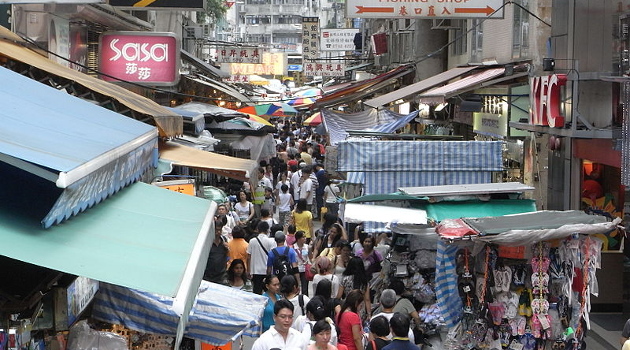Yesterday, in Part I of this series, we enjoyed a video from the U.K.-based Centre for Economic Education, about how capitalism lifted the world from deprivation and oppression (also see videos by Don Boudreaux and Deirdre McCloskey).
Today, in Part II of the Case for Capitalism, here’s a video from CEE that explains how markets provide you a cup of coffee.
An obvious takeaway from the video is that consumers benefit from global markets, which hopefully helps to explain why free trade is desirable.
But there are four other messages that are even more widely applicable.
- Capitalism is based on competition, but also should be understood as a system of cooperation.
- Voluntary exchange means that both buyers and sellers expect to benefit from a transaction.
- Prices should be set by unfettered markets rather than politicians, regulators, or bureaucrats.
- Our prosperity is a result of the invisible hand (spontaneous order) rather than central planning.
In other words, the growth-producing concept of classical liberalism (as opposed to the statist version of liberalism that now exists in the United States).
All of which reminds me of this observation by Joseph Schumpeter, an influential economist from the Austrian School.
This quote isn’t as famous as what he said about creative destruction, but it deserves to be highlighted since it succinctly explains how capitalism is the system that delivers big benefits for ordinary people.
P.S. The degree to which nations enjoy convergence (or divergence) is generally a consequence of whether they allow free markets and limited government.


